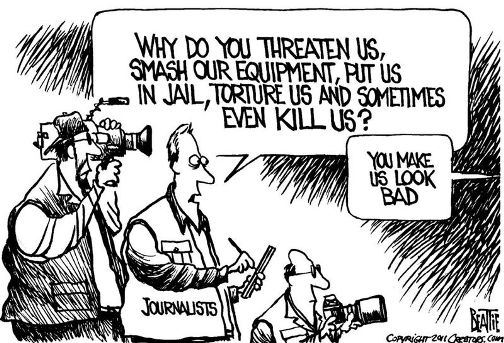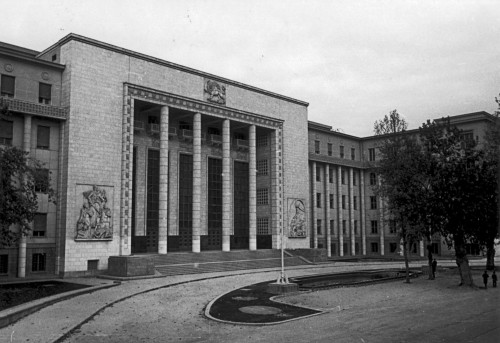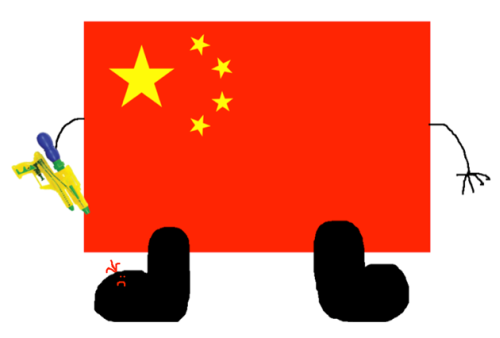By Sonia Feng, for the Sydney Morning Herald
The Sydney Morning Herald can scathingly report that within the Third General Assembly, denial is not just exclusive to individuals; it can be the go-to-bastion of states within public discourse.
In caucus today, the topic at hand of the Third General Assembly revolved around the abolition of the death penalty.
Problematic is China’s stance of open transparency and accountability, which lies in direct contradiction to its internal administration of justice. China has failed to disclosed as well as stands accused and confirmed of placing fifty pro-Tibetan activists on death row, purely based on the public denouncement of China’s government. China views this in direct breach of public security. There seems to be a discrepancy between China’s official position and reality.
Notably concerning is the official press agency of the People’s Republic of China, Xinhua, and their response to the situation, praising China “well done”. Back to the subject of denial was observed keenly by the Sydney Morning Herald, who witnessed open denial by the state of Iran when questioned about executions of juvenile offenders still being carried out. This is surprising given that it is in contravention of its international human rights obligations as Iran is a signatory of the Convention on the Rights of the Child.



